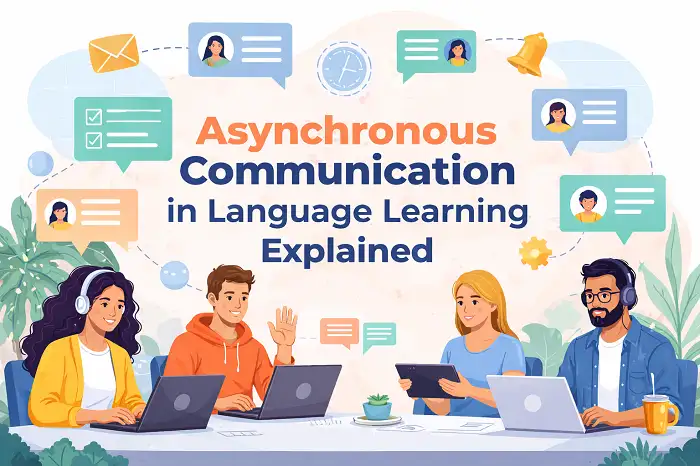Navigating interviews can be daunting, but with the right preparation, you can confidently excel in any interview scenario. Whether you're facing a job interview, an academic assessment like IELTS, or any other type of interview, these top 7 tips will help you shine. Mastering these strategies will not only boost your performance but also leave a lasting positive impression on your interviewer. Read on to discover how you can ace your next interview with ease. Video of Top 7 Tips for Excelling in any Interview https://www.youtube.com/watch?v=Jmzw894QA20 1: Know the Format It's crucial to thoroughly understand the structure and format of ...
Home » Thriving in Life: Success & Happiness » Top 7 Tips for Excelling in Any Interview

Top 7 Tips for Excelling in Any Interview
Updated: by Dr. Mohammad Hossein Hariri Asl
Time to Read: 12 minutes | 294 Views | 4 Comments on Top 7 Tips for Excelling in Any Interview
Share This Post
About the Author
Dr. Mohammad Hossein Hariri Asl is an English and Persian instructor, educator, researcher, inventor, published author, blogger, SEO expert, website developer, entrepreneur, and the creator of LELB Society. He's got a PhD in TEFL (Teaching English as a Foreign Language).
Number of Posts: 4242



In an application interview, it is important that you can show that you are very interested and that is best done with a good application form and it is also important that you come across well styled and that you can ask good questions and make good approaches
Rozita
Absolutely! Demonstrating genuine interest during an application interview is crucial and can be effectively conveyed through a well-crafted application form. Additionally, presenting yourself in a professional and polished manner, along with the ability to ask insightful questions and engage in meaningful interactions, can significantly enhance your chances of making a strong impression on the interviewer.
In a job interview, it is important that you prepare well and ask yourself good questions that you can ask so that it comes across because you have prepared well. It is also important to stand out, that you are wearing something chic and elegant but also very exaggerated and that you can also show that you are well-groomed, that you don’t stink and it is also good that you smile and have eye contact with the skin so that you can show that you are self-confident can
Robina
In a job interview, thorough preparation is key to showcasing your genuine interest and readiness for the position. Practicing insightful questions in advance not only demonstrates your dedication but also ensures you come across as well-prepared. Additionally, making a strong impression by dressing in a chic and elegant manner, while also appearing well-groomed, is essential.